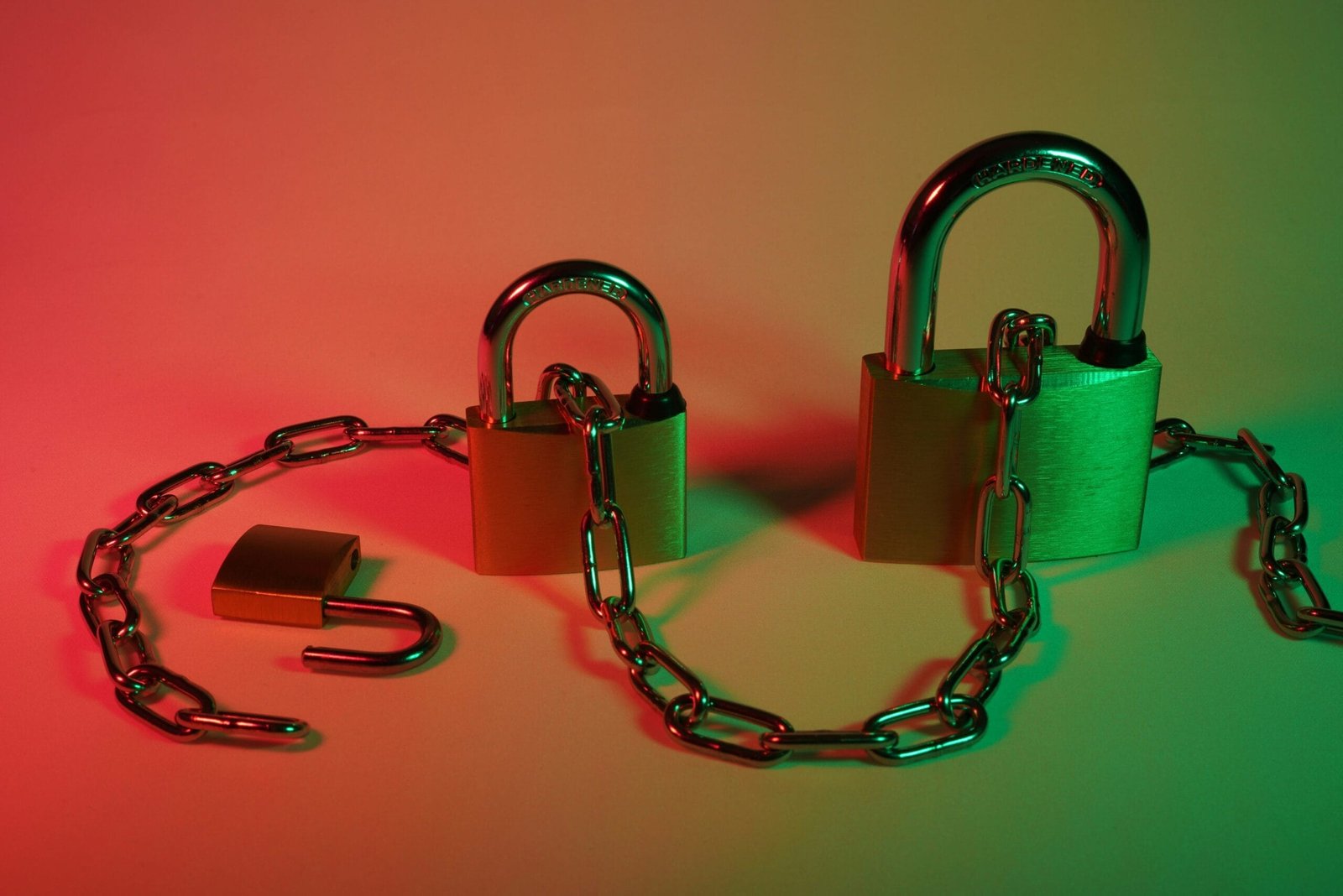Tips to Manage Stress: Are you finding it difficult to navigate through the stress of everyday life? Stress can be all-consuming and affect various aspects of your life, from personal relationships to professional productivity. Managing it effectively is not just beneficial but essential for maintaining overall well-being. This discourse provides valuable insights and practical guidance to empower you with the tools necessary for effective stress management.

Table of Contents
Understanding Stress: An Overview
Before delving into strategies, it’s fundamental to understand what stress is. Stress is a psychological and physiological response to an external stimulus that disrupts an individual’s equilibrium. It can manifest physically, emotionally, and mentally, leading to a range of symptoms such as anxiety, fatigue, and irritability.
The Nature of Stress
Stress originates from both internal and external factors. Internal stressors may include personal beliefs, memories, and perceptions, while external stressors can be anything from work pressures to financial constraints or societal expectations.
Understanding the nature of stress provides a foundation for managing it. You can’t tackle a problem effectively without first acknowledging its roots and manifestations.
Why Stress Management is Crucial
Stress, if unmanaged, can take a toll on your health. Chronic stress is linked to various medical conditions, including heart disease, diabetes, and mental health disorders. It’s not just about addressing stress for the sake of immediate relief—it’s about safeguarding your long-term health and quality of life.
The Implications of Stress in Modern Living
The modern landscape presents ubiquitous stressors, from incessant digital notifications to increased workloads and societal pressures. The fast-paced nature of contemporary life exacerbates stress, making effective management techniques even more critical.
Impact on Mental Health
The implications of unmanaged stress are profound, particularly concerning mental health. Prolonged exposure to stress can lead to depression, anxiety disorders, and other psychological issues. Understanding these links highlights the importance of taking early action.
The Vicious Cycle of Stress
Once stress dominates your life, it fuels a vicious cycle. Stress negatively impacts your decision-making abilities, leading to poor lifestyle choices that further increase stress, creating a loop that’s difficult to escape. By understanding this cycle, you become more equipped to disrupt it through conscious effort and the strategies discussed further in this guide.

Identifying Stress Triggers
Before you can manage stress, it’s essential to identify your unique triggers. Different situations elicit varied stress responses in individuals, and understanding these nuances is pivotal in personalizing your stress management techniques.
Common Stress Triggers
Certain stressors are commonly shared among people, including job pressure, financial difficulties, health concerns, and relationship problems. While they may appear ubiquitous, the impact of each varies significantly from person to person.
Personalized Stress Journal
Keeping a stress journal can aid you in identifying specific patterns. Record circumstances that cause stress and document your physical and emotional reactions. Over time, you will notice trends that will allow you to tailor your stress management techniques to your specific needs.
7 Simple Tips to Manage Stress More Effectively
Having grasped the fundamentals of stress, we turn to practical solutions. Here are seven straightforward yet effective strategies you can integrate into your daily life to manage stress better.
1. Practice Mindfulness and Meditation
Mindfulness and meditation encourage focusing on the present moment, which can reduce stress significantly. By nurturing awareness without judgment, you ease tension and cultivate mental clarity, promoting calmness and lowering the physiological impact of stress.
2. Exercise Regularly
Physical activity is a potent stress reliever. Exercise prompts the release of endorphins—also known as “feel-good” hormones—which enhance mood and provide an immediate sense of well-being. Aim for at least 30 minutes of exercise most days of the week, combining aerobic activities with muscle strengthening for maximum effect.
3. Foster Supportive Relationships
A solid support network acts as a buffer against stress. Engage with friends and family, communicate openly, and seek support when needed. Relationships based on mutual understanding and support can greatly alleviate stress levels.
4. Prioritize Sleep Hygiene
Restorative sleep is crucial for stress management. Lack of sleep can exacerbate stress, making it vital to nurture healthy sleep patterns. Implement routines such as maintaining a consistent sleep schedule, creating a restful environment, and minimizing caffeine and screen exposure before bedtime.
5. Learn to Say No
Overcommitting is a significant contributor to stress. Learning to say “no” is an essential skill. Respecting your limits and prioritizing tasks can enhance your capacity to manage responsibilities effectively without succumbing to overwhelming pressure.
6. Practice Deep Breathing Techniques
Deep breathing exercises activate your body’s relaxation response. By focusing on slow, deep breaths, you decrease your heart rate and relent physiological stress markers. Techniques such as the 4-7-8 breathing method can be practiced anywhere and are effective in instantaneous stress reduction.
7. Manage Your Time Effectively
Time management skills significantly impact stress levels. Utilize strategies like prioritizing tasks, setting realistic deadlines, and breaking work into smaller chunks. Balancing responsibilities with leisure activities ensures you maintain control without becoming overwhelmed.

Embracing a Holistic Approach
Incorporating a holistic approach to stress management ensures comprehensive well-being. It involves addressing multiple facets of life—physical health, mental well-being, social relationships, and personal fulfillment.
Integrating Mental Health Practices
Apart from stress management techniques, embrace mental health practices such as cognitive behavioral therapy or counseling when needed. Professional help can offer valuable strategies tailored to your unique life situation.
Pursuing Fun and Recreation
Balance is essential for a fulfilling life. Incorporation of hobbies and recreational activities provides joy and serves as an outlet for relieving stress. Allow time for activities that are enjoyable and relaxed, acknowledging their importance for mental rejuvenation.
Understanding Limitations and Setting Realistic Goals
Effective stress management requires realistic expectations of what you can achieve. Recognize your limitations to set achievable goals both in personal and professional contexts, and you pave the way for continuous improvement and satisfaction without the burden of stress.
Acknowledging Progress
Celebrate small victories and incremental progress towards managing stress. Acknowledging these achievements reinforces positive behavior and motivates you to continue on the path towards healthier stress management.

Evaluating Progress and Making Adjustments
Continuous evaluation and adjustment are crucial in effective stress management. Regular assessments of your stress levels and the efficacy of strategies employed allow you to make necessary adjustments for continuous improvement.
Keeping a Progress Journal
Maintain a progress journal to monitor the efficacy of stress-reduction techniques. Record changes in stress levels and note which strategies work most effectively for you over time.
The Long-term Benefits of Effective Stress Management
Effective stress management is not just about immediate relief; it promises long-term benefits that impact every facet of life. From improved health to enhanced relationships and heightened productivity, the advantages are extensive.
Enhanced Quality of Life
By managing stress efficiently, you elevate your overall quality of life. It transcends mere survival, offering a journey of well-being characterized by personal satisfaction, healthy relationships, and professional success.

Looking to the Future: Trends in Stress Management
As understanding of stress management evolves, new trends and techniques continue to emerge. Staying updated with these developments can ensure you are equipped with the best tools to manage stress effectively.
Embracing Technological Advancements
Technological advancements, such as stress management apps and wearable technology, offer innovative solutions to monitor stress and integrate techniques seamlessly into your daily routine.
Conclusion: Your Journey Forward
Effectively managing stress is a journey that encompasses understanding, commitment, and continuous learning. The strategies shared serve as a guide to empower you in this process, offering you the tools to pave a path to healthier living with less stress.
Encouraging Ongoing Engagement
As you embrace these techniques, share your journey and insights learned. Your experiences can inspire others in their stress management journeys and foster a community dedicated to holistic well-being.
Remember that stress management is a highly personal endeavor, and what works for one person may not work for another. By staying open to experimentation and adjustment, you find the unique mix of strategies that best support your well-being.

